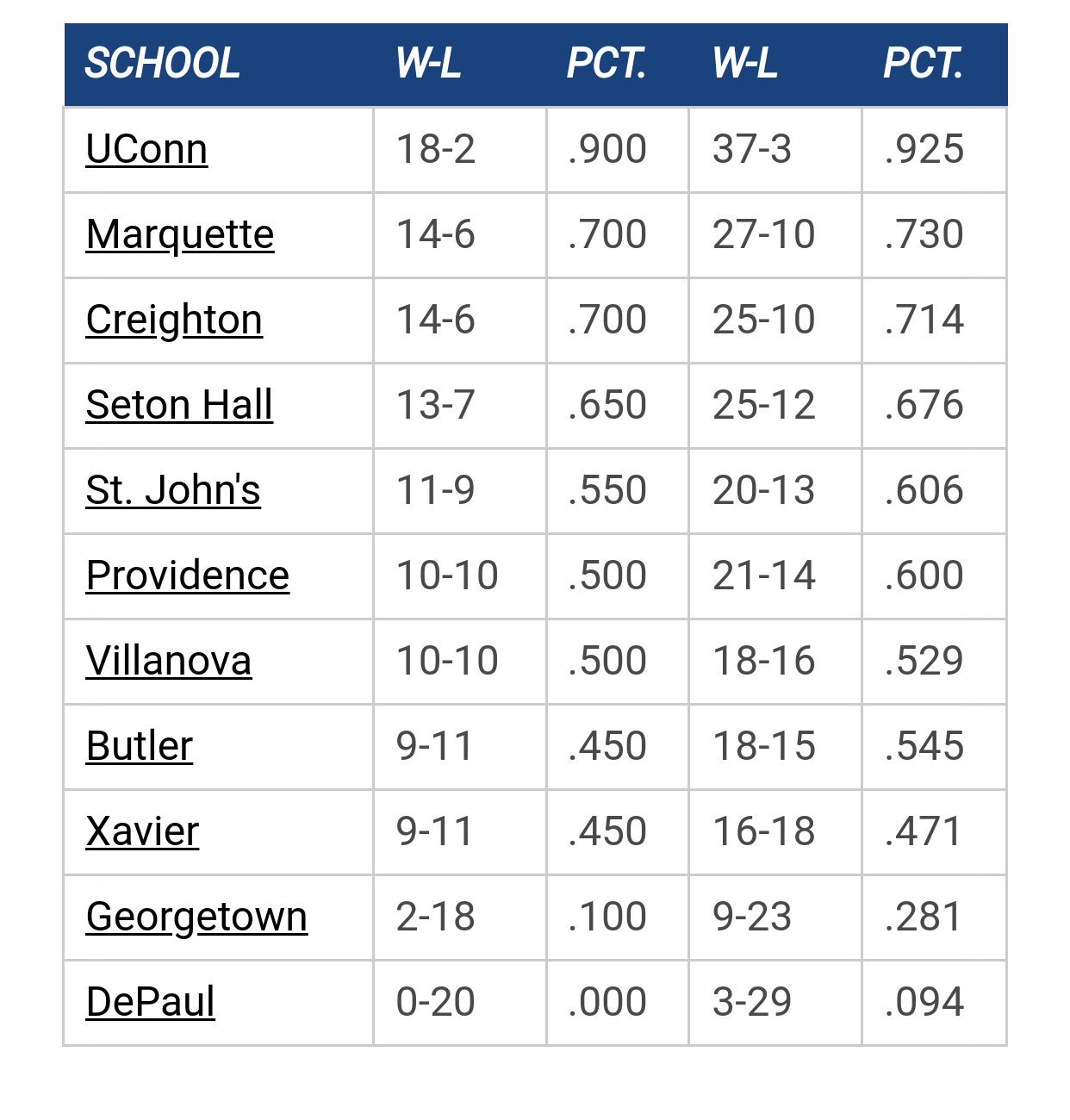|
Crean vs Buzz vs Wojo vs Shaka by brewcity77
[Today at 09:00:07 AM] 2024 Transfer Portal by Uncle Rico [Today at 08:11:08 AM] 2024-25 Non-Conference Schedule by 1SE [Today at 05:22:49 AM] Big East 2024 Offseason by TSmith34, Inc. [May 04, 2024, 08:28:28 PM] Most Painful Transfers In MUBB History? by Jay Bee [May 04, 2024, 10:20:49 AM] Marquette NBA Thread by Uncle Rico [May 04, 2024, 07:00:37 AM] |
The absolute only thing required for this FREE registration is a valid e-mail address. We keep all your information confidential and will NEVER give or sell it to anyone else.
|





